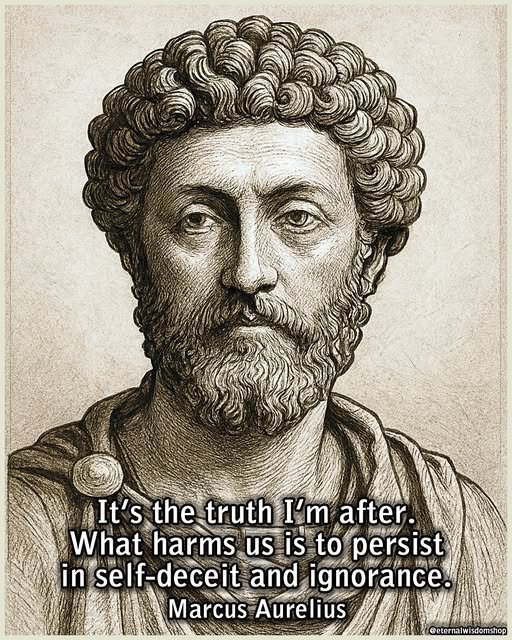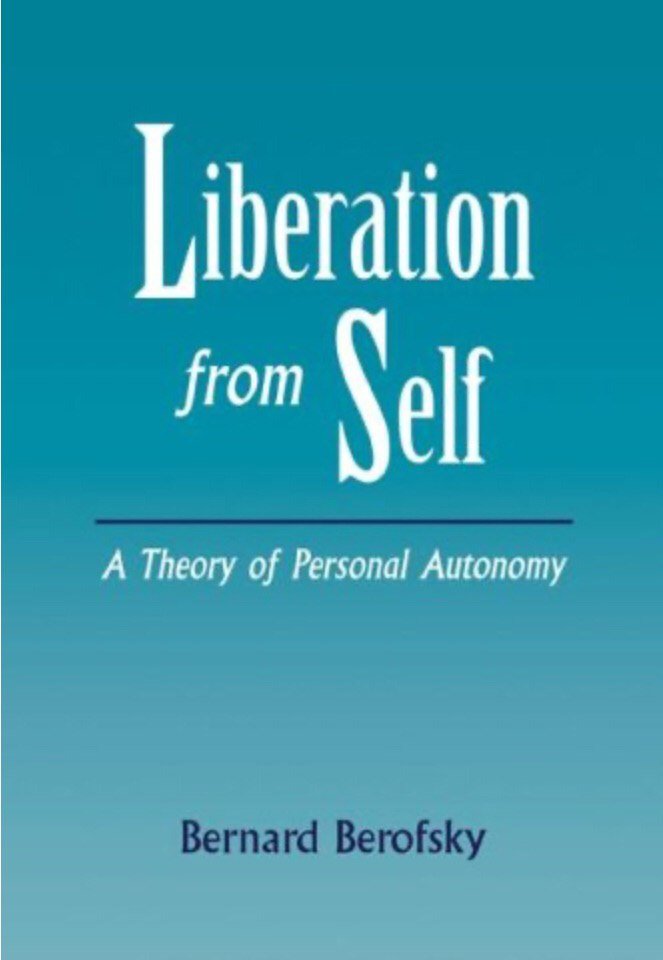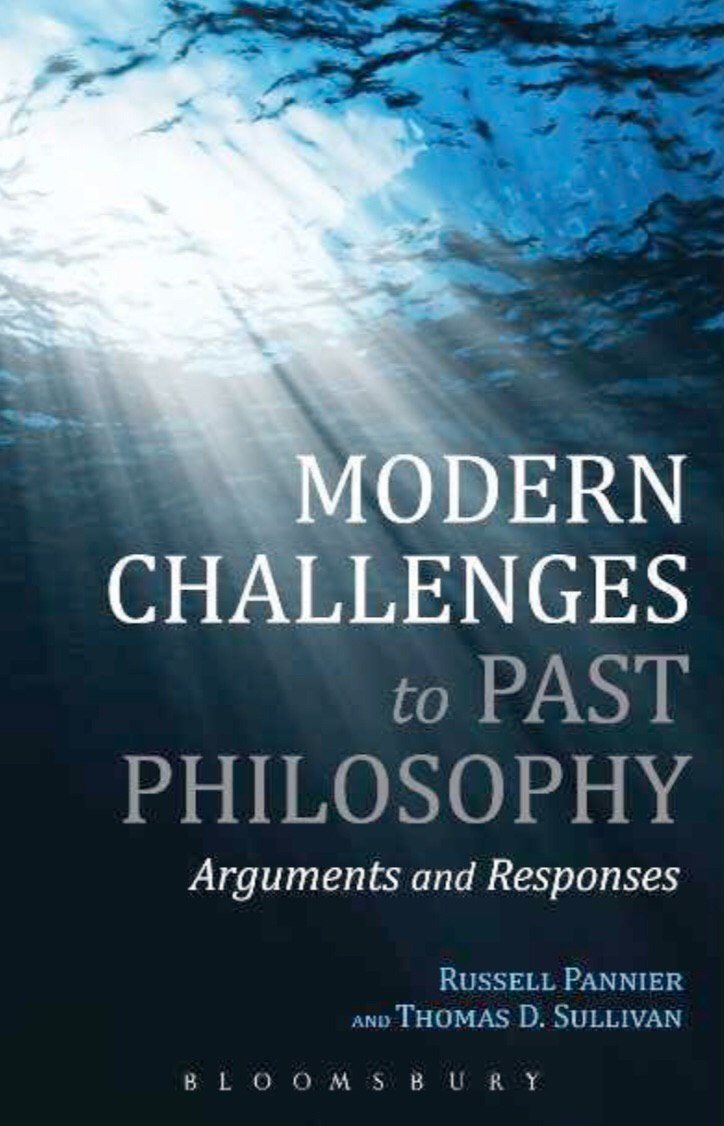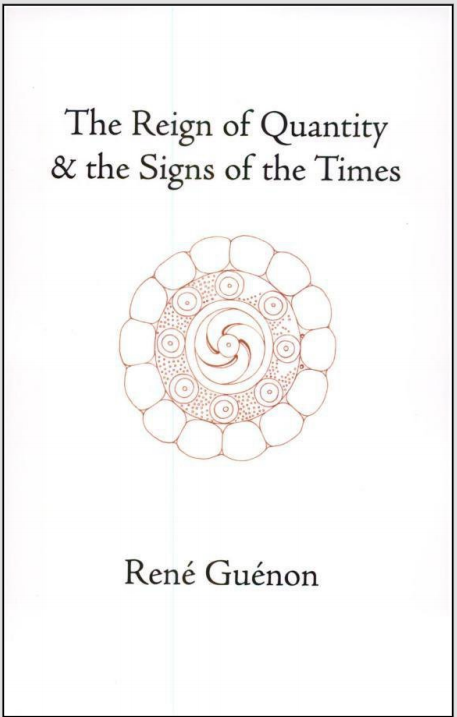

A History of Women Philosophers, Volume 1
Private Book Reader
Upload and read your personal PDF books in our secure reader
Read Your Private BookShort Audio Book Summary
A History of Women Philosophers, Volume 1 Summary
0:00 / 0:00Reviews
No review yet. Be the first to review this book!
Description
A History of Women Philosophers, Volume 1: Ancient Women Philosophers, 600 B.C. - 500 A.D., edited by Mary Ellen Waithe, is a significant scholarly work that focuses on the contributions of women philosophers during the ancient period, covering a span of nearly a millennium from 600 B.C. to 500 A.D. This volume is part of a multi-volume series dedicated to highlighting the philosophical contributions of women across different periods of history. Volume 1 specifically addresses the intellectual achievements of women from ancient Greece, Rome, and surrounding regions, a time when philosophical discourse was dominated by male figures but women, nonetheless, played pivotal roles in the development of philosophical thought. Overview and Themes: Volume 1 is dedicated to showcasing the lives, works, and philosophical ideas of women who lived and wrote during the ancient world, specifically focusing on the period between 600 B.C. and 500 A.D. This era saw the rise of classical Greek philosophy and the birth of intellectual traditions that would shape Western thought for centuries to come. Despite the societal constraints on women during this time, many women managed to make significant contributions to philosophy, particularly in the fields of ethics, metaphysics, and cosmology. Historical Context: Ancient Greece (600 B.C. - 300 B.C.): The ancient Greek world is often regarded as the cradle of Western philosophy, with figures such as Socrates, Plato, and Aristotle dominating the intellectual landscape. However, women philosophers such as Hypatia of Alexandria and Diotima of Mantinea also emerged, contributing ideas that would later influence the development of philosophical thought. These women were often associated with Pythagorean, Platonic, and Stoic traditions, exploring themes of ethics, the nature of the soul, and the cosmos. Hellenistic Period (300 B.C. - 100 B.C.): The Hellenistic era saw the expansion of Greek philosophical ideas into new territories, as well as the development of schools like Stoicism, Epicureanism, and Cynicism. Women during this period, such as Philosophia, Arete of Cyrene, and Hipparchia of Maroneia, were involved in philosophical discussions about ethics, pleasure, and the nature of happiness. Despite facing significant cultural and gender-based challenges, these women contributed to discussions on personal virtue, the role of the individual in society, and the pursuit of wisdom. Roman Empire (100 B.C. - 500 A.D.): During the Roman Empire, women philosophers continued to challenge traditional gender roles and intellectual norms. While Roman women were often excluded from formal intellectual circles, several women managed to engage with and contribute to philosophical ideas. Cornelia and Aspasia of Miletus are notable figures who, despite their limited recognition in the historical record, played key roles in the intellectual culture of their times. These women often engaged with ideas from Stoicism, Platonism, and Epicureanism, reflecting on ethics, politics, and the nature of virtue. Philosophical Contributions: Ethics and Moral Philosophy: Many ancient women philosophers were concerned with questions of ethics and moral philosophy. For instance, Hypatia of Alexandria, one of the most well-known ancient women philosophers, made contributions to the study of ethics, especially in terms of the relationship between reason and virtue. Her works, although lost to history, were influential in the development of Neoplatonism, which emphasized the importance of rationality and self-discipline in achieving moral excellence. Arete of Cyrene, a philosopher in the Cyrenaic school, is known for her work on hedonism and the philosophy of pleasure, proposing that the pursuit of pleasure was the ultimate good, a theory that would later influence the Epicurean school. Cosmology and Metaphysics: Women philosophers in ancient Greece and Rome also contributed to metaphysical discussions, particularly in terms of the nature of the cosmos and the soul. Diotima of Mantinea, often cited in Plato's Symposium, contributed to discussions on the nature of love, the soul, and the ascent to higher knowledge. Although her exact philosophical system is unclear, she was considered a key figure in the development of Platonic thought. Hypatia of Alexandria also engaged deeply with mathematical and astronomical ideas, contributing to discussions about the nature of the universe and the relationship between the physical and metaphysical realms. Her work in mathematics and astronomy was highly regarded during her time, and her philosophical outlook was influenced by Neoplatonism, which emphasized the idea of a rationally ordered universe. Political Philosophy and Social Ethics: Some ancient women philosophers, particularly in the Hellenistic and Roman periods, addressed questions related to the role of women in society, as well as the ethical and political structures that govern human relationships. Aspasia of Miletus, a prominent intellectual figure in ancient Athens, was known for her association with the philosopher Socrates and her influence on Athenian political thought, especially in the areas of democracy and citizenship. She is often cited for her ideas on social ethics and the role of women in public life. Cornelia, the mother of the Gracchi brothers, was influential in the intellectual and political life of Rome. While her work is not widely documented, her legacy as a mother, educator, and intellectual suggests that she may have had significant influence on Roman political and ethical thought. Key Figures Featured in the Volume: Hypatia of Alexandria (c. 360–415 A.D.): One of the most prominent women philosophers of antiquity, Hypatia was a mathematician, astronomer, and Neoplatonic philosopher. Her works, which were influential in the development of Neoplatonism, focused on the relationship between reason and virtue, as well as the nature of the universe. Diotima of Mantinea (c. 5th century B.C.): A figure in Plato’s Symposium, Diotima is portrayed as a wise woman who teaches Socrates about the nature of love and the ascent of the soul. Although little is known about her beyond Plato’s dialogue, her ideas on love and the soul have influenced later philosophical thought. Arete of Cyrene (c. 4th century B.C.): A philosopher of the Cyrenaic school, Arete is known for her ideas about hedonism and the pursuit of pleasure as the ultimate good. Her work contributed to the development of ancient ethical thought and influenced later hedonistic and Epicurean philosophies. Aspasia of Miletus (c. 470–400 B.C.): A philosopher and teacher in ancient Athens, Aspasia was known for her association with Socrates and her role in intellectual circles. She is believed to have contributed to Athenian political thought, particularly regarding the role of women in public life. Cornelia (c. 190–100 B.C.): A prominent Roman matron, Cornelia was known for her intellectual influence, especially as the mother of the Gracchi brothers, who were advocates for social and political reforms in Rome. Her legacy includes her commitment to education and the intellectual development of her children. The Legacy of Ancient Women Philosophers: The women philosophers featured in this volume challenged the traditional boundaries of intellectual life in their respective societies. Despite facing numerous social and educational barriers, many of these women made significant contributions to the development of ancient philosophy. Their works and ideas, though often overshadowed by their male counterparts, played an important role in shaping the intellectual traditions of their time. By focusing on these philosophers, A History of Women Philosophers, Volume 1 helps to reclaim the often-overlooked contributions of women to ancient philosophy. It highlights the diversity of thought that existed during this period and underscores the importance of including women in the history of philosophy, offering a more complete and nuanced view of intellectual history. Conclusion: A History of Women Philosophers, Volume 1 provides an essential resource for understanding the role of women in the development of ancient philosophy. Edited by Mary Ellen Waithe, this volume not only challenges the traditional narrative of philosophy but also contributes to the growing body of scholarship that seeks to recognize and celebrate the intellectual achievements of women throughout history. Through careful research and analysis, the volume highlights the contributions of ancient women philosophers and reinforces the importance of including their voices in the broader history of Western thought.






















.jpeg)












.jpeg)






.jpg)

.jpg)



.jpg)
.jpg)
.jpg)








.jpeg)







.jpeg)
.png)







.jpg)


.jpeg)
.jpg)



.jpg)



















































